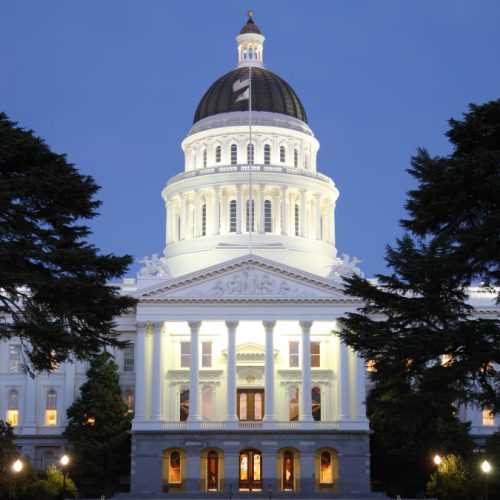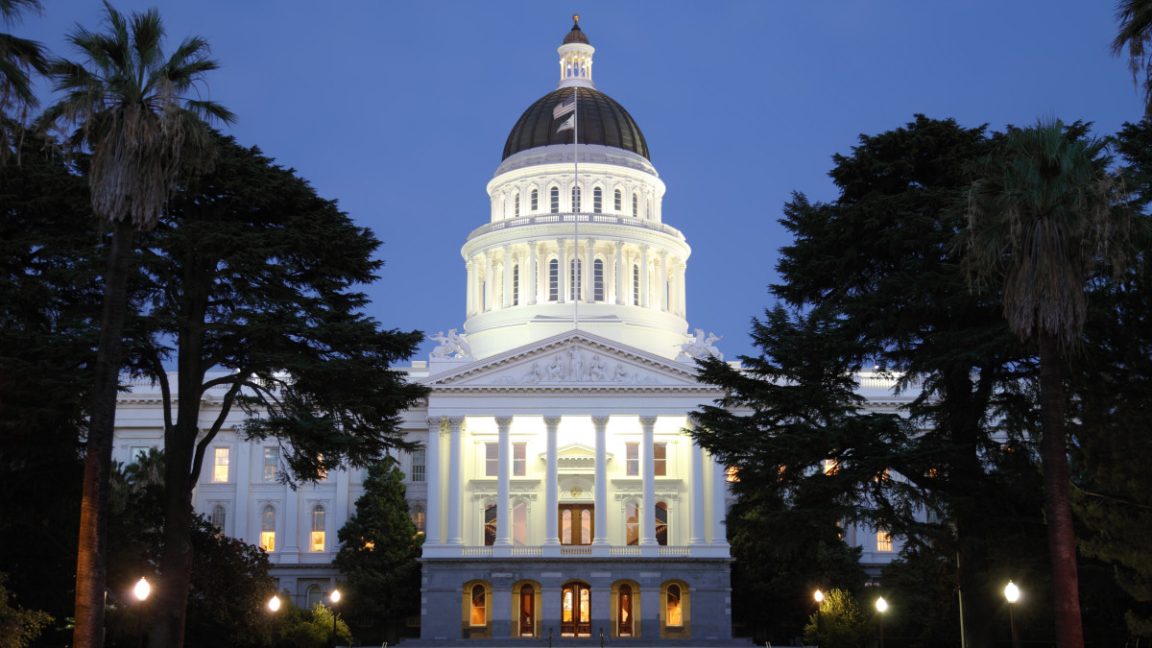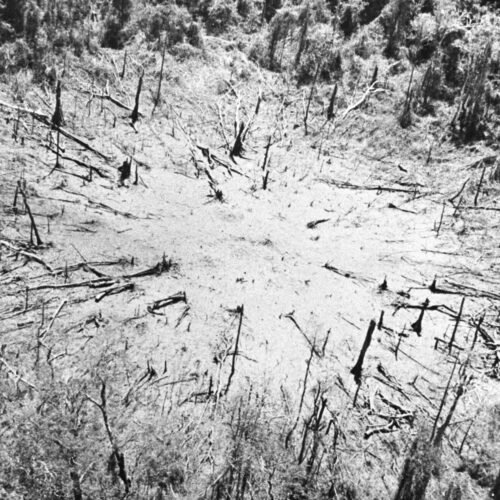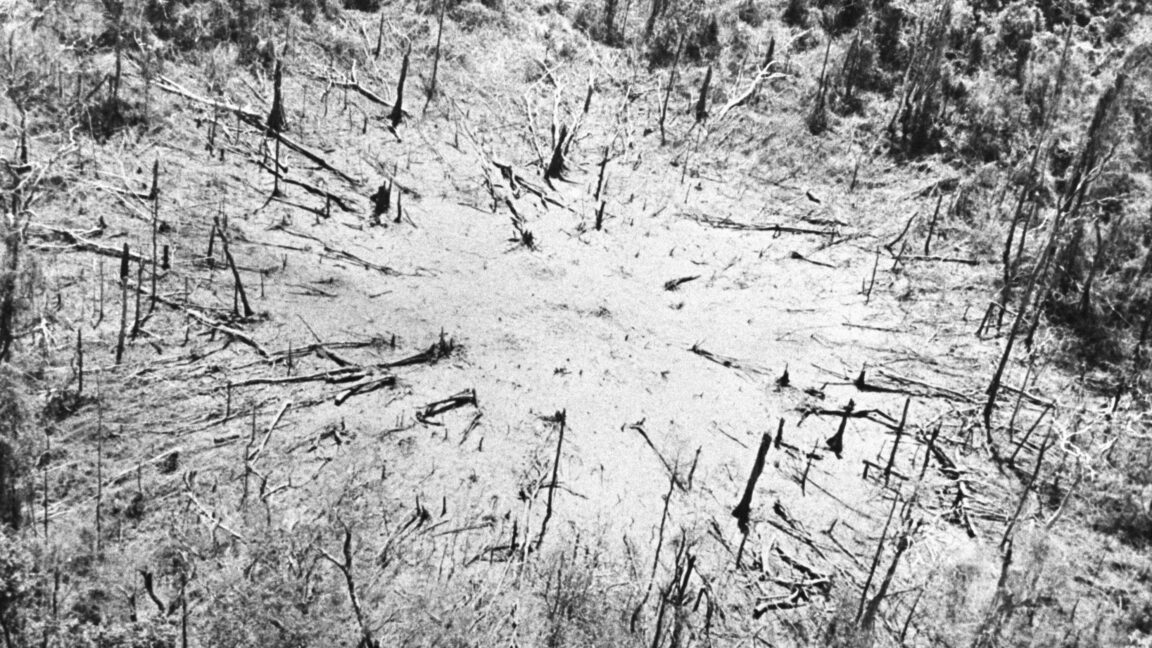Why wind farms attract so much misinformation and conspiracy theory
When Donald Trump recently claimed, during what was supposed to be a press conference about a European Union trade deal, that wind turbines were a "con job" that drive whales "loco," kill birds and even people, he wasn’t just repeating old myths. He was tapping into a global pattern of conspiracy theories around renewable energy—particularly wind farms. (Trump calls them “windmills”—a climate denier trope.)
Like 19th century fears that telephones would spread diseases, wind farm conspiracy theories reflect deeper anxieties about change. They combine distrust of government, nostalgia for the fossil fuel era, and a resistance to confronting the complexities of the modern world.
And research shows that, once these fears are embedded in someone’s worldview, no amount of fact-checking is likely to shift them.


© Ashley Cooper



